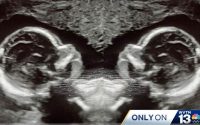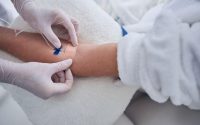“I’ve had long Covid for over 2 years – how can I make sure I’m getting the rest I need?”
Welcome to Stylist’s Sleep Diaries, where we’re taking a deep-dive into one of the most important (and elusive) factors in our day-to-day lives: sleep. To help us understand more about it, we’re inviting women to track their bedtime routines over a five-day period – and presenting these diaries to sleep expert Dr Nerina Ramlakhan for analysis.
In this week’s Sleep Diaries, a 27-year-old business owner living with long Covid wonders how she can get the kind of restorative sleep she needs to support her health.
A little about me:
Age: 27
Occupation: I own various businesses (including a photo studio, juice bar, skincare line and homelessness organisation), although I’m currently on reduced hours due to my health. I previously worked 10am until 11pm but now I work from 10am until 2pm (or 10am till 6pm if I can force myself to do more). I’ve lost the majority of my income during the pandemic.
Number of hours sleep you get each night: my Apple Watch is set to remind me to go to bed at 10pm and wake me up at 9am, but that doesn’t always happen. If I am feeling well I tend to do as much as I can to compensate for the days when I can’t do a lot, so the amount of sleep I get fluctuates greatly.
Number of hours sleep you wish you got each night: 8 hours
Any officially diagnosed sleep-related problems: my doctor previously looked into whether I had sleep apnea, but I’ve not had an official diagnosis.
Do you measure your sleep in some way (e.g. using your phone or wearable): yes, with my Apple Watch.
How much water you drink on average per day: around 8 glasses.
How much exercise you do on average per week: none at the moment, but I hope to incorporate some into my routine soon.
Day 1
My alarm goes off at 7am and then again at 7:30am, but I end up sleeping through both – not a good start to the week. It’s 8am by the time I wake up and start getting ready.
I intend to leave the house as soon as I’m all set for the day, but my heart rate decides to plunge – I’ve been dealing with POTS and dysautonomia among other issues since I developed long Covid two years ago. It ends up reaching around 45bpm, so I decide to wait until it goes back up to the 70s before leaving the house at around 9:45am.
I have a hot chocolate for lunch, and when I get home at 7:30pm I also stick some rice in the microwave and make some jelly. After I’m finished eating I check my emails, put a wash on and head to bed at 10pm.
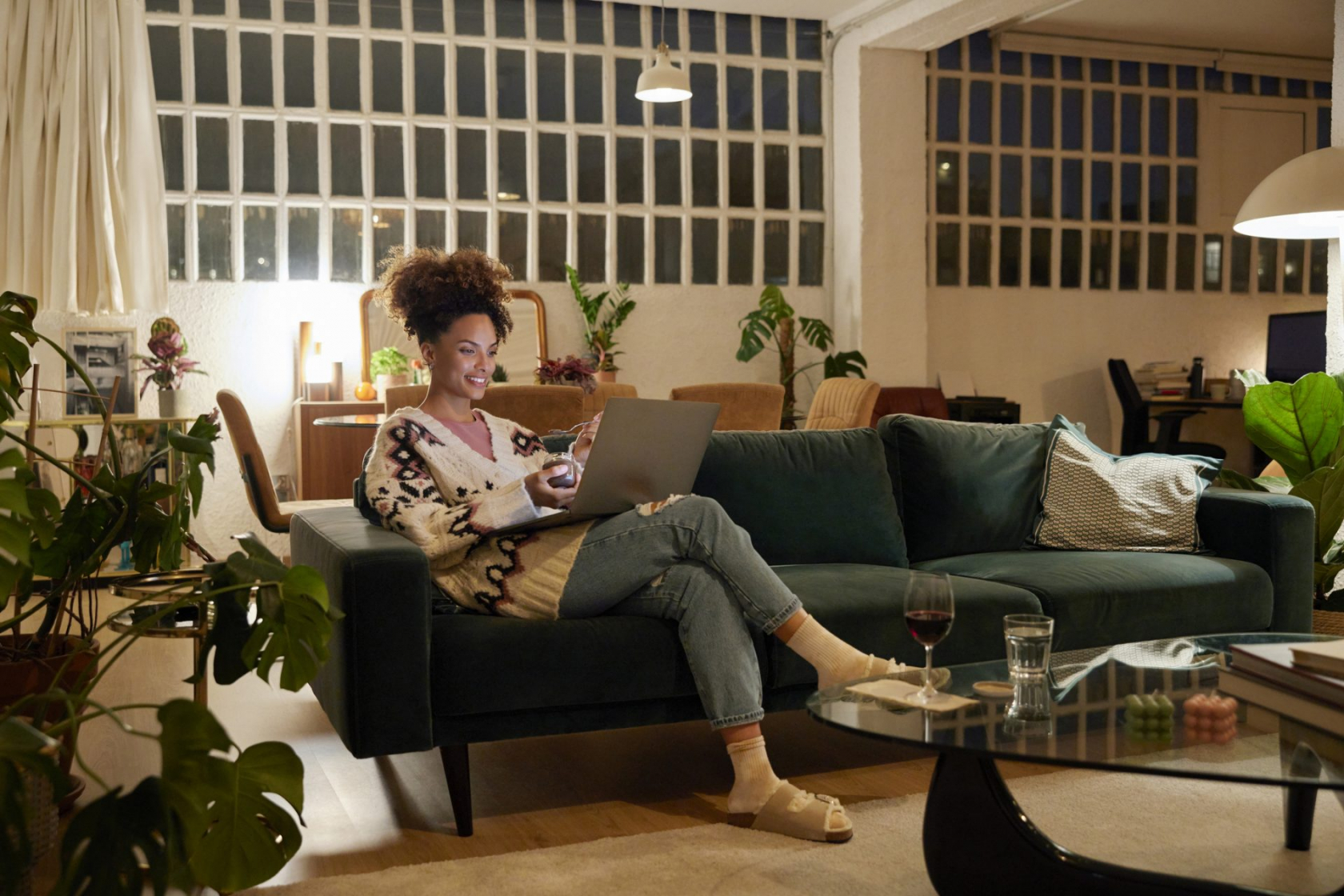
Day 2
My alarm goes off at 8am, and while I don’t sleep through it completely, it takes me until 8:30am to wake up properly. However, I can’t get out of bed straight away as my heart rate plunges to 57, so I wait until its in the 70s to start my day.
Once I’m up I have a drink of water and put some washing in the dryer, before having a hot chocolate for lunch. I then pop out to see a friend before going to work.
My evening is relatively uneventful – I have some rice for dinner before heading to sleep at around 0:12am, which is a bit later than I usually aim for!
You may also like
“How can I feel more energised after a bad night’s sleep?” A sleep expert answers your questions
Day 3
My alarm goes off at 8am and I get out of bed straight away before heading to work for 8:45am.
I work through the day and end up finishing at 6pm, after which I head home and have rice for dinner with some jelly for pudding. I end up heading to bed early at around 9pm, as I feel very tired after working all day.
I fall asleep relatively quickly, but wake up at 1:45am with a bad headache (like I’d been hit with a hard object suddenly). I also felt like there was minimal oxygen in the room, so I opened a window, put the fan on and waited for my breathing to go back to normal.
I manage to get back to sleep around 2:30am, but wake up at 5am again with my lungs burning. I have some water and stay awake for a bit longer (around 25 minutes), before falling asleep again until 10am.
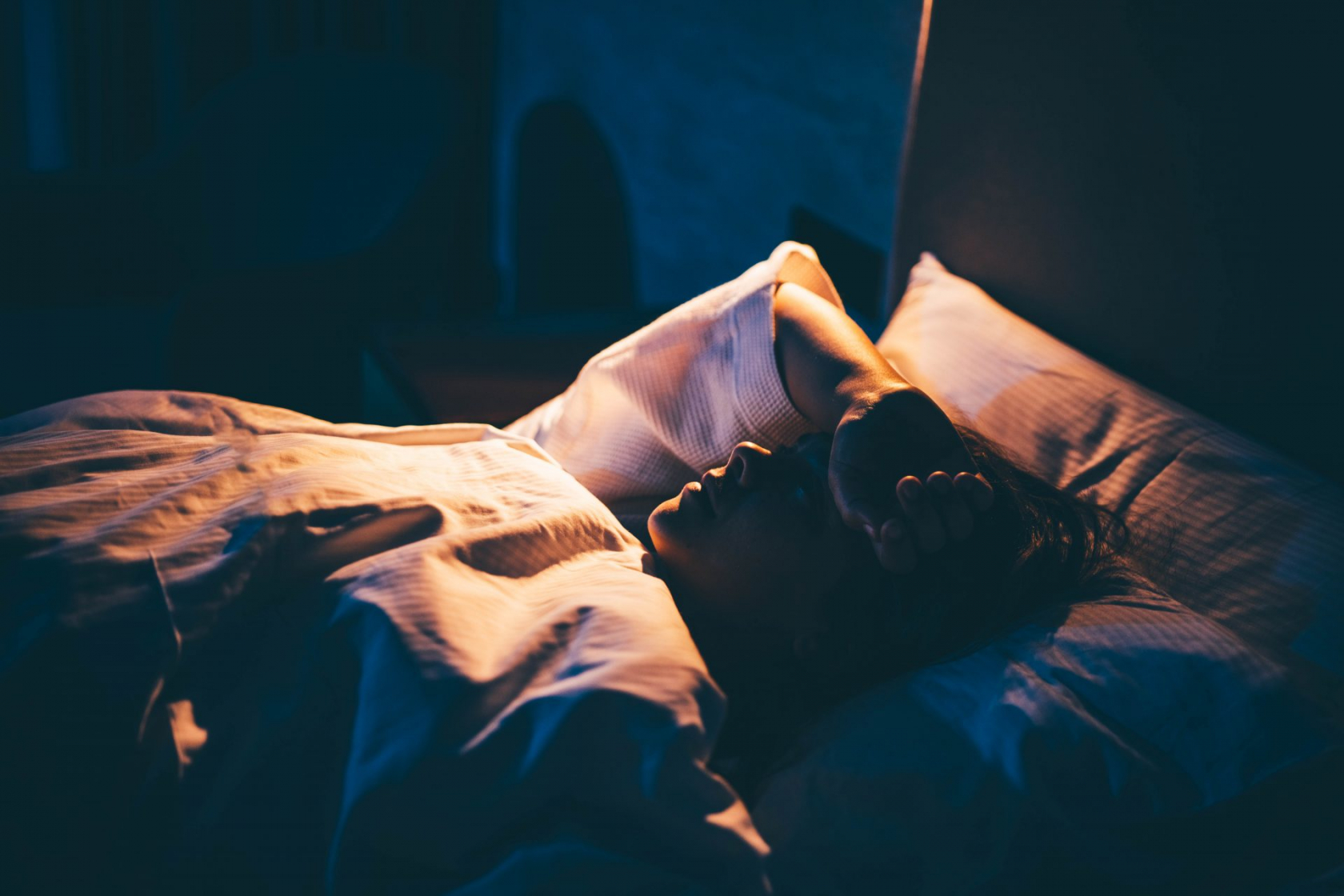
Day 4
After an eventful night I wake up at 10am feeling exhausted. My body is also aching.
I make it to work at 1pm and stay until around 7pm, spending my time doing minimal admin work. I also have a hot chocolate around midday.
Once I get home from work I make myself some dinner – rice with jelly for pudding. I head to bed at 9pm, but end up waking up at 11pm with tinnitus (like a heart beating in both my ears) and a headache. I have some water and manage to get back to sleep shortly after.
However, I wake up again at 1am with burning lungs. I sit upright until I fall back to sleep.
You may also like
“How can I get more deep sleep?” A sleep expert answers your questions
Day 5
My alarm goes off at 8:30am, but it takes me until 9am to wake up properly. I’m feeling very tired after my second disrupted night.
Once I’m up and ready I head to work for a Zoom meeting, but my brain is feeling very slow today and I find it hard to take everything in. I head home after an hour where I have rice and fresh apple for lunch.
I spend the day feeling pretty exhausted so decide to go to bed at 8pm, but I wake up again at 10pm struggling for breath. I have some water and stay awake for a bit longer before falling back to sleep.
Yet again, I wake up at 1am with burning lungs, tinnitus and pins and needles in the side of my face. My heart rate is also incredibly high – 154bpm – so I wait for it to come back down to the 80s by sitting up and doing some breathing exercises.
It takes until 3am until I feel ready to head back to sleep again, but I wake up yet again at 4:15am feeling hot and uncomfortable. I put the fan on and open the window before falling asleep until 9:30am the next day.
So, what does it all mean? A sleep expert offers her thoughts
Dr Nerina Ramlakhan, sleep expert and professional physiologist, says: “You have a variety of health issues and are recovering from long Covid, so you really need to be getting restorative sleep. So, because I really want to help you to get this, I’m going to be a bit strict. Where’s the breakfast? Where’s the protein and the fat in your diet? I see no evidence of this from your diaries.
“You’re barely subsisting on rice and jelly, so I’m not surprised that you’re feeling so awful. I suspect that your body and nervous system are struggling to cope with not only your illness but also poor nourishment which, in turn, is exacerbating your poor sleep.”
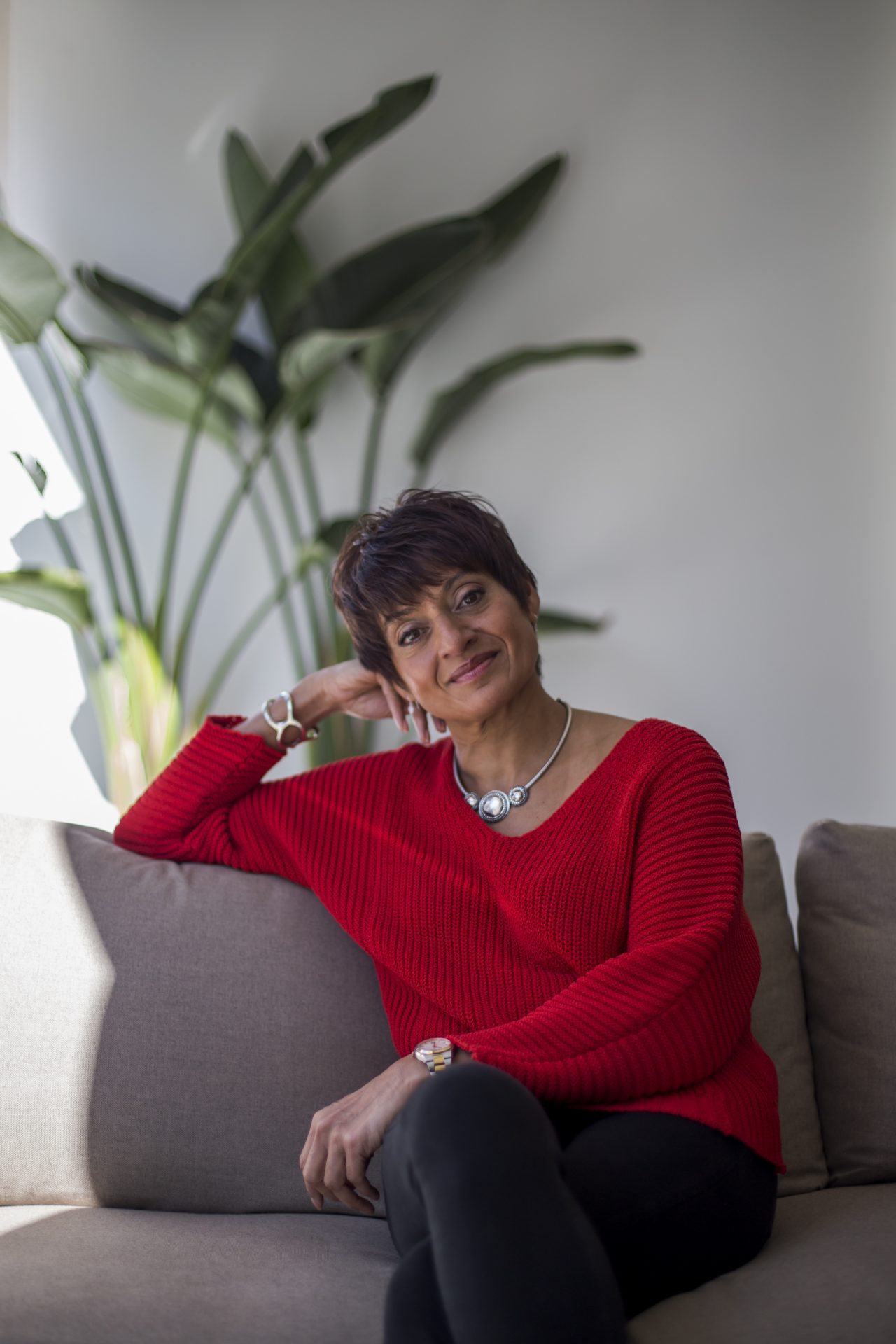
Dr Nerina continues: “This is going to be a journey for you, and I want you to start with some small but important steps: starting with eating breakfast and a good lunch. Each meal (including your dinner) needs to include a source of protein, fat and carbohydrate.
“I understand that you’re exhausted and so exercise is hard for you but some form of movement is going to be really important for kickstarting your recovery. Getting your nutrition right will help you to find the energy to move more, and then you can start to incorporate some gentle walking and stretching into your routine. I wish you all the best for your recovery!”
If you would like to take part in Stylist’s Sleep Diaries, please email [email protected] with your name, age and any sleep problems you’re dealing with, using ‘SLEEP DIARIES’ as the subject. We look forward to hearing from you.
Lead image design: Ami O’Callaghan
Other images: Getty/Dr Nerina Ramlakhan
Source: Read Full Article
